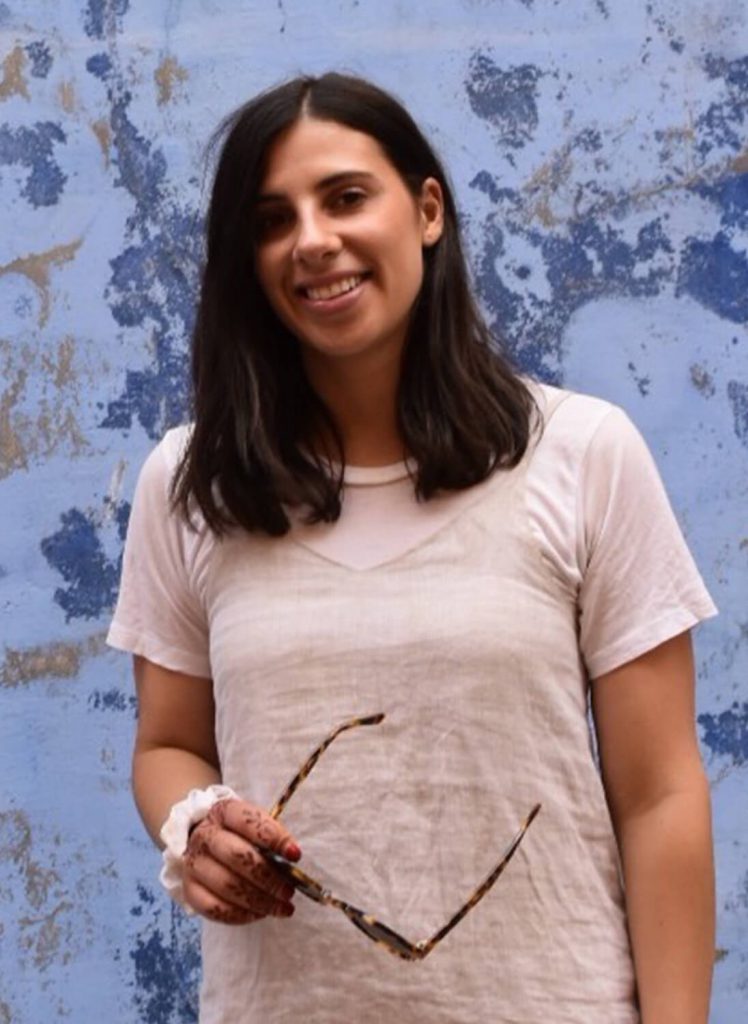
A deep curiosity in the way humans work led Bec to a career in Psychology. She takes time out to share her story.
In a nutshell, what does a Psychologist do?
Lots of different people see Psychologists for lots of different reasons. It could be as a ‘therapeutic intervention’. This is where they talk with a psychologist on a one-to-one basis if they’re having mental health difficulties. Or struggling after a difficult event. People also visit Psychologists if they need an assessment. For example, someone has a brain injury and needs their cognitive capacity assessed. Or if someone experiences learning difficulties.
Sometimes a Psychologist will assist business needs. It might be an organisational or social change. Or someone might need a psychological test.
This means you can find Psychologists in lots of different settings. It could be a sports team, a business or organisation (e.g. headspace), a school or in a hospital. They also work within different fields of research. So pretty much where there are humans, there are likely to be Psychologists.
What’s the best thing about being a Psychologist?
Ok, this is cheesy I know, but it’s seeing clients change and develop over time. They share with me their lowest of lows and their highest of highs and I’m there with them each step of the way. I’m privileged to have a window into their lives!
What soft and hard skills have you found vital to your job?
If your client leaves the room feeling understood, not-judged and cared for – then that’s a job well done! It’s about empathy, a genuine curiosity, and an unconditional positive regard for people. These are vital skills for my job.
We have to make sure that the methods to help our clients are effective. A fancy way of saying that, is that we work within an ‘evidence-based framework’. So one of the most vital hard skills is having a critical mind.
Describe what your average day at work looks like?
Most of my day involves doing one to one work with clients and their families. I’m a General Psychologist and about to begin my Clinical Registrar program. This means I am working towards an area of endorsement in Clinical Psychology. My day can vary a lot as I work in two different settings. I work within a public organisation and in a private organisation. I assess and deliver therapeutic interventions for young people right through to adults.
My work also includes some supervision. I will meet with a more experienced Psychologist or peers. We can talk about treatment plans, ethical dilemmas or for personal reflections.
There are confidential meetings to review client cases. We get advice, opinions about a client we are working with.
What are some of the challenges of your job?
One of the biggest challenges is making sure that we take time out for ourselves. A lot of people who become Psychologists are ‘Empaths’ – meaning they care about others. This is a beautiful characteristic to have. But it can mean that sometimes we can forget to take care of ourselves. Making sure that we are maintaining self-care is so vital. But it can be a challenge!
What drew you to psychology in the first place?
I was curious about the way that humans work. What makes us tick, how are we similar, how are we different and how our brains work. I also knew that I wanted to work in a helping role of some sort.
In Year 11, I studied Year 12 Psychology and my passion grew from there. I set my sights on becoming a Psychologist, and to be honest, I didn’t know exactly what that path would look like. And I don’t think many of my peers with similar goals knew either.
How long have you worked in this field?
I’ve worked in the Mental Health field for about five years and I have only just started as a Psychologist. I was a Provisional Psychologist for the last two years. But I recently began work as a General Psychologist this year.
What did you study at University?
The path I took is only one way and definitely not the only way!
I studied a 3 year Bachelor of Psychology undergraduate degree. I then I gained the marks to be able to complete a 4th year in Psychology (my honours year). So I’ve got a Bachelor of Psychology (Honours).
The Master of Psychology (Clinical) degree was a two-year degree. This involved research (a thesis), coursework and practical placements.
What advice would you give someone thinking of becoming a Psychologist?
I’d say, do your research. Talk to Psychologists, or someone you know whose studying Psychology. See what they say about it.
Also, don’t stress. There isn’t one single pathway to studying Psychology or becoming a Psychologist. When I first started my undergraduate degree I knew there was more work involved. Though I didn’t understand what that was, or what my options were if I didn’t get the grades needed.
The 4th year (honours) and the Masters courses can be competitive and have limited spots. – but remember, the pathway I took is not the only one you can take. It’s just like if your final ATAR score in Year 12 isn’t quite enough to get into uni, it doesn’t mean it’s the end of the road. You might be able to begin another University course. Then if you get good enough marks transfer to psychology the following year. Or you can complete TAFE courses to gain entry into uni. I wish I knew about that when I was in Year 12! So there are lots of ways to study what you want!
And finally, if you’re passionate about it, stick with it. At the outset the road ahead may seem long but back yourself and keep at it. One step at a time. You got this!

Find out more
Check out the pathways psychology https://www.psychology.org.au/Training-and-careers/Careers-and-studying-psychology/studying-psychology/Study-pathways